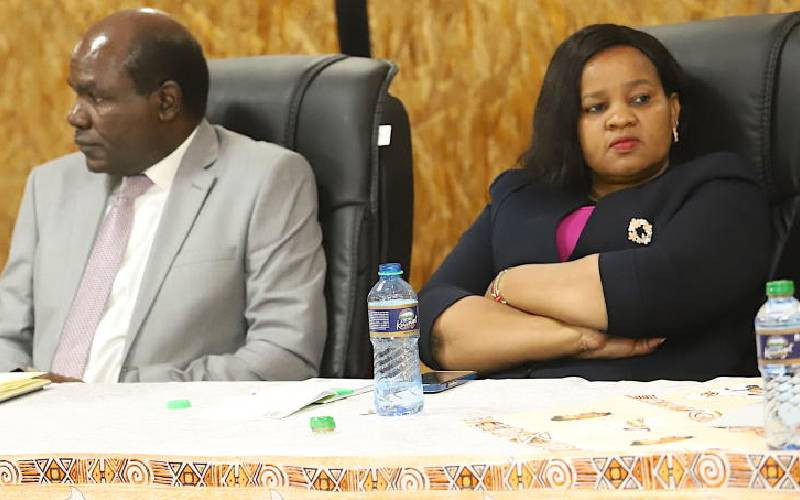×
The Standard e-Paper
Kenya’s Boldest Voice

Independent commissions, among them the Independent Electoral and Boundaries Commission (IEBC) have suffered from political interference since the promulgation of the 2010 Constitution.
What is happening at IEBC is therefore nothing new, because the Wafula Chebukati-led commission has perhaps suffered from the biggest assault and turbulence over the years.